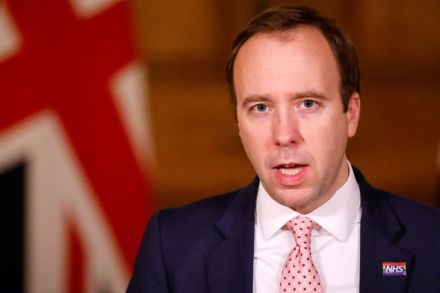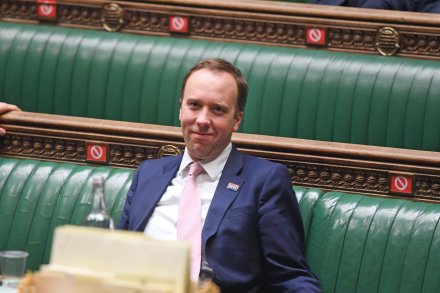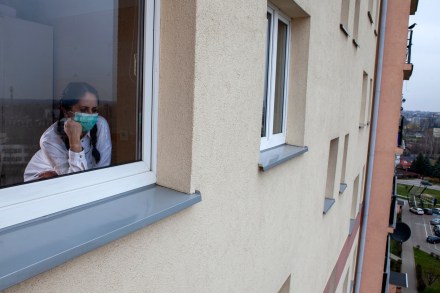Is zero Covid achievable? A scientific debate about the virus
Throughout the year Carl Heneghan, professor of evidence-based medicine at Oxford, and Simon Clarke, associate professor of cellular microbiology at Reading, have written for The Spectator about the virus and the government’s measures to contain it. They have had very different outlooks, but can they agree about what will happen next? They start by looking back at their early predictions. CLARKE: During the first wave I said: don’t lock down too quickly because there will be a cost. People won’t like it. But if we had acted sooner, perhaps we wouldn’t have been locked down for quite so long and the death toll probably wouldn’t have been so high. I




















